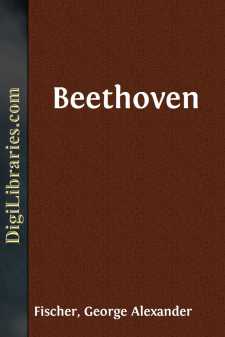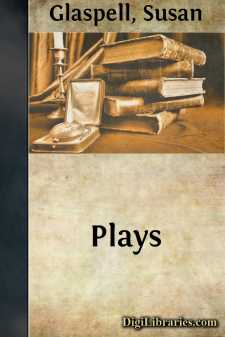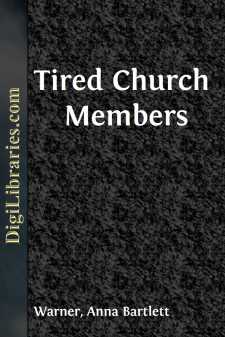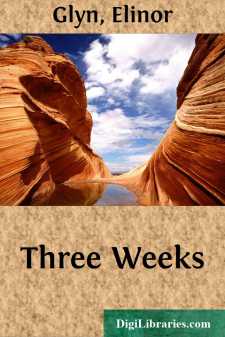Categories
- Antiques & Collectibles 13
- Architecture 36
- Art 48
- Bibles 22
- Biography & Autobiography 813
- Body, Mind & Spirit 142
- Business & Economics 28
- Children's Books 17
- Children's Fiction 14
- Computers 4
- Cooking 94
- Crafts & Hobbies 4
- Drama 346
- Education 46
- Family & Relationships 57
- Fiction 11829
- Games 19
- Gardening 17
- Health & Fitness 34
- History 1377
- House & Home 1
- Humor 147
- Juvenile Fiction 1873
- Juvenile Nonfiction 202
- Language Arts & Disciplines 88
- Law 16
- Literary Collections 686
- Literary Criticism 179
- Mathematics 13
- Medical 41
- Music 40
- Nature 179
- Non-Classifiable 1768
- Performing Arts 7
- Periodicals 1453
- Philosophy 64
- Photography 2
- Poetry 896
- Political Science 203
- Psychology 42
- Reference 154
- Religion 513
- Science 126
- Self-Help 84
- Social Science 81
- Sports & Recreation 34
- Study Aids 3
- Technology & Engineering 59
- Transportation 23
- Travel 463
- True Crime 29
Sort by:
NAPOLEONDER[1] [Footnote 1: The Russian peasant's name for Napoleon Bonaparte. The final syllable "der" has perhaps been added because to the ear of the peasant "Napoleon" sounds clipped and incomplete, as "Alexan" would sound to us without the "der."] Long ago—but not so very long ago; our grandfathers remember it—the Lord God wanted to punish the people of the...
more...
CHAPTER I EARLY PROMISE God acts upon earth only by means of superior chosen men. —Herder: Ideas Toward a History of Mankind. s life broadens with advancing culture, and people are able to appropriate to themselves more of the various forms of art, the artist himself attains to greater power, his abilities increase in direct ratio with the progress in culture made by the people and their ability to...
more...
by:
Susan Glaspell
TRIFLES First performed by the Provincetown Players at the Wharf Theatre, Provincetown, Mass., August 8, 1916. GEORGE HENDERSON (County Attorney) HENRY PETERS (Sheriff) LEWIS HALE, A neighboring farmer MRS PETERS MRS HALE SCENE: The kitchen is the now abandoned farmhouse of JOHN WRIGHT, a gloomy kitchen, and left without having been put in order—unwashed pans under the sink, a loaf of bread...
more...
by:
Bruce Fink
LECIDEACEAE Thallus crustose, without plectenchymatous cortex (, a), varying from granulose and often evanescent to conspicuous, areolate, or even subsquamulose conditions, attached to the substratum by hyphal rhizoids (, d), and in a few instances extending up as a veil and surrounding the apothecia laterally, the hyphae densely interwoven toward the upper surface, but more loosely disposed below (, a...
more...
by:
Henry Abbott
Preface AN ALLEGED humorist once proposed the query, "Are all fishermen liars, or do only liars go fishing?" This does not seem to me to be funny. It is doubtless true that a cynical attitude of suspicion and doubt is often exhibited on the recital of a fishing exploit. I believe the joke editors of magazines and newspapers are responsible for the spread of the propaganda of ridicule,...
more...
IN WHICH I ARRIVE IN NEW YORK The rain was falling in great gray blobs upon the skylight of the little room in which I opened my eyes on that February morning whence dates the chronological beginning of this autobiography. The jangle of a bell had awakened me, and its harsh, discordant echoes were still trembling upon the chill gloom of the daybreak. Lying there, I wondered whether I had really heard a...
more...
TIRED CHURCH MEMBERS I suppose one never goes heartily into any bit of Bible study, without finding more than one counted upon. And so for me, searching out this subject of Christian amusements some curious things have come to light. As for instance, how very little the Bible says about them at all. It was hard to find catchwords under which to look. "Amusement"? there is no such word among all...
more...
by:
Elinor Glyn
CHAPTER I Now this is an episode in a young man's life, and has no real beginning or ending. And you who are old and have forgotten the passions of youth may condemn it. But there are others who are neither old nor young who, perhaps, will understand and find some interest in the study of a strange woman who made the illumination of a brief space. Paul Verdayne was young and fresh and foolish when...
more...
INTRODUCTORY MY father and mother, Lord and Lady Yu Keng, and family, together with our suite consisting of the First Secretary, Second Secretary, Naval and Military Attaches, Chancellors, their families, servants, etc.,—altogether fifty-five people,—arrived in Shanghai on January 2, 1903, on the S.S. "Annam" from Paris, where for four years my father had been Chinese Minister. Our arrival...
more...
by:
James Parton
GENERAL JOSEPH WARREN. A fiery, vehement, daring spirit was this Joseph Warren, who was a doctor thirteen years, a major-general three days, and a soldier three hours. In that part of Boston which is called Roxbury, there is a modern house of stone, on the front of which a passer-by may read the following inscription: "On this spot stood the house erected in 1720 by Joseph Warren, of Boston,...
more...











